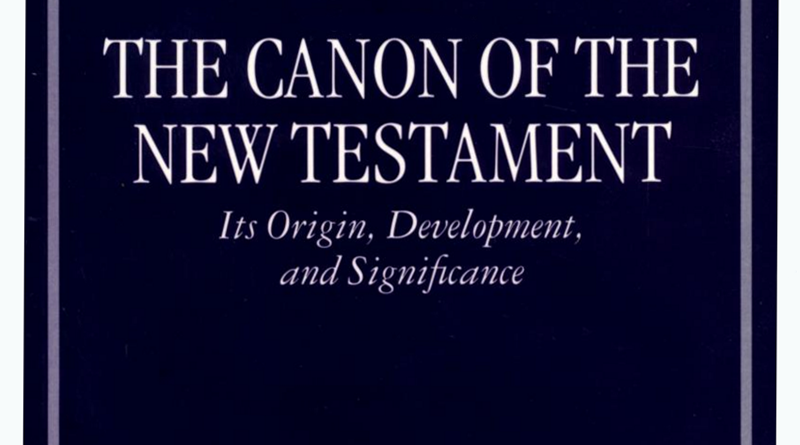Why Canonical Discussions Are So Dang Hard

Due mostly to the fact that there have been a lot of questions about it, there has been a spike of interest in Biblical canon at the lay-level. Personally, I blame The Da Vinici Code, but I’m actually grateful: when people say things that are wrong, it starts a conversation that ought to be had.
Whatever the case, canonical studies are tough. It’s a lot of history and a lot of opinions about said history.
Bruce Metzger, in his definitive book on the subject, The Canon of the New Testament, highlights one scholarly exchange that seems to illustrate the messiness of the conversation:
The debate between Zahn and Harnack over the date at which the New Testament canon was formed involved, to a great extent, a difference of definition rather than of facts. Harnack understood the New Testament canon as a collection of books that possessed authority because they were regarded as holy Scripture. Accordingly, he placed the rise of the New Testament canon a t the close of the second century. Zahan, on the other hand, equally understood it as a collection of books possessing authority, but he did not insist that this authority should be based on the thesis that ‘the New Testament is holy Scripture’. He was satisfied if, for instance, the four Gospels are an authority because of the authority of the Lord’s sayings which they contain. He could, therefore, speak of the existence of a New Testament ‘canon’ a hundred years earlier than Harnack could. The actual facts were hardly touched by the controversy, for it is altogether possible that small collections of gospel materials and apostolic epistles were made here and there before the end of the first century, but that only in later generations did such collections obtain exclusive canonical authority on the level of inspired Scripture. In short, ‘canonical’ means authoritative books, but ‘the canon’ means the only authoritative books. Use does not equal canonicity; though a certain kind of use does, namely, use that excludes any other.
So let that be a lesson to all of us: it’s all about definitions.

Member discussion